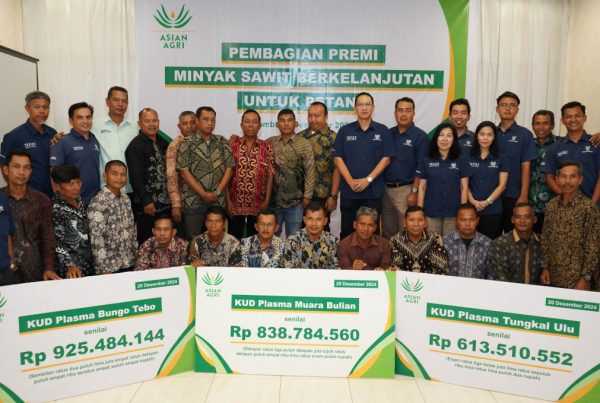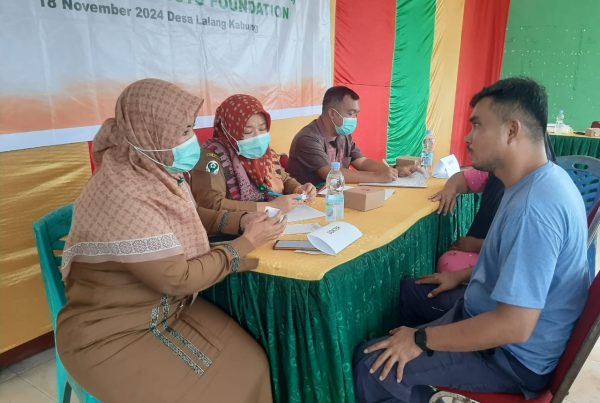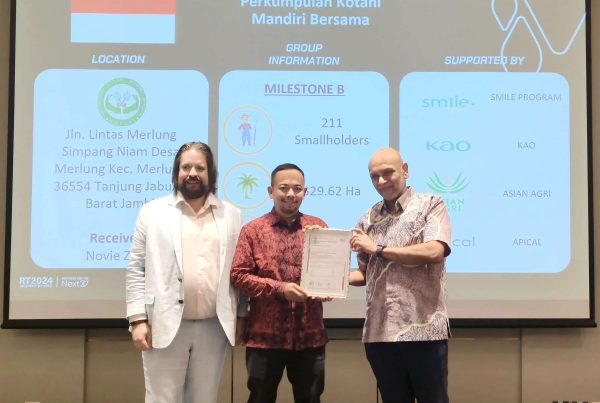Indonesia’s success in becoming the largest palm oil-producing country in the world is inseparable from the partnership program between farmers and palm oil companies.
Asian Agri Corporate Affairs Director M. Fadhil Hasan said this during a book discussion event for “Developing Agricultural Partnerships: Lessons Learned from the Asian Agri Farmer Partnership Model”, which was organized by the Institute for Development of Economics and Finance (INDEF), reported Kontan.
According to Hasan, there are two aspects that make the partnership program really important.
“Firstly, the growth aspect. The existence of the partnership program adds to the growth of farmers’ incomes,” Hasan explained.
“Secondly, the equity aspect. Thus, it is not just large-scale companies who are benefiting from this growth, but also the small-scale farmers themselves,” he added.
Palm oil, which is one of Indonesia’s leading commodities, contributes greatly to the economy in terms of exports and foreign exchange, employment and poverty alleviation. It also holds great potential as industrial raw material which can be processed into industrial products, equitable distribution of regional economic development, and as state revenue.
“According to data from Statistics Indonesia (BPS), there are about 4 million workers within the palm oil sector so it plays an important role in poverty alleviation,” Hasan said.
He further emphasized that there were three aspects within the partnership program that are keys to the partnerships’ success: trust, social capital and certainty.
With the partnership program, it is hoped that farmers will pay more attention to improving production performance.
Indonesia’s palm oil contributed 10 per cent to the country’s total exports in 2016. Indonesia, along with Malaysia, are the leaders of palm oil exports within global palm oil markets. Both countries control about 85 per cent of the world’s palm oil production, and 90 per cent of exports.



